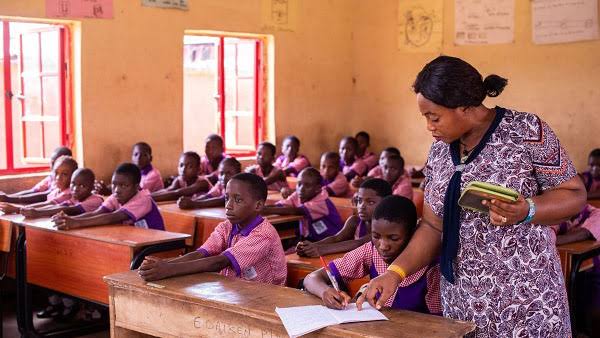The Role of Community in Supporting Nigerian Education

The Role of Community in Supporting Nigerian Education
The community plays a vital role in supporting Nigerian education by providing resources, guidance, and mentorship to students, teachers, and educational institutions. Community involvement can take many forms, including volunteerism, donations, and advocacy.
Community members can serve as role models and mentors, sharing their experiences and expertise with students, and helping to inspire and motivate them to achieve their full potential. They can also provide support to teachers, helping to alleviate some of the challenges they face in the classroom.
Additionally, community-based initiatives can help to address specific educational needs, such as literacy programs, vocational training, and scholarships. These initiatives can be particularly effective in rural or underserved areas where access to education is limited.
Community support can also help to promote accountability and transparency in the education system, by monitoring the quality of education and advocating for improvements. This can help to ensure that educational institutions are providing high-quality education that meets the needs of students and the broader community.
Furthermore, community involvement can help to foster a sense of ownership and responsibility for education, encouraging community members to take an active role in supporting and promoting educational initiatives. This can help to build a culture of learning and achievement, where education is valued and prioritized.
Overall, the community plays a critical role in supporting Nigerian education, and its involvement is essential for building a strong and effective education system that benefits all students. By working together, communities can help to address the community’s potential and promote a brighter future for Nigeria’s next generation.






